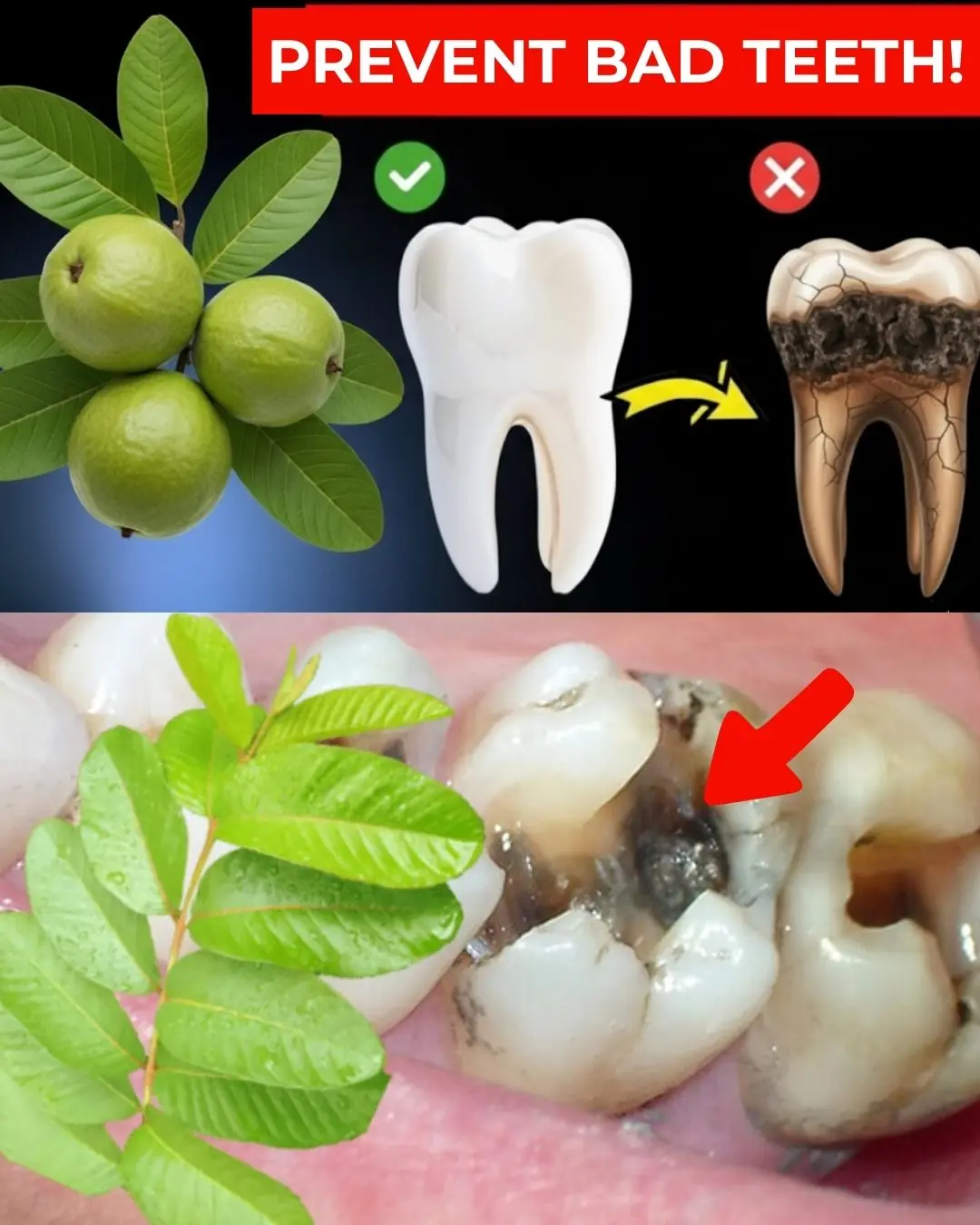
That Persistent Scalp Itch
That Persistent Scalp Itch
That sudden, persistent itch on your scalp is more than just a passing irritation—it’s often your body's way of signaling that something is wrong. Whether it's a reaction to a product, an imbalance in oil production, or a sign of an underlying condition, several factors could be causing your discomfort.
Here's what might be causing your irritation and how you can finally get relief.
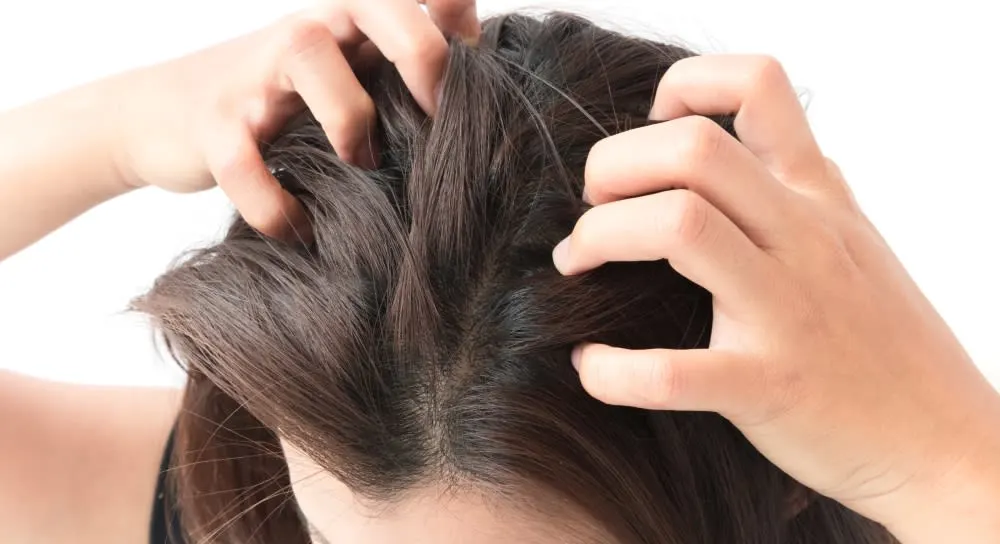
Top Causes of an Itchy Scalp
1. Dandruff and Seborrheic Dermatitis Dandruff is the most common cause of an itchy scalp. It often appears as dry, flaky skin.
-
Treatment Tips: Use a medicated shampoo that contains ingredients like ketoconazole or zinc pyrithione.
If the flaking and itching don't improve after a couple of weeks, see a dermatologist.
2. Psoriasis Scalp psoriasis is an autoimmune condition that causes thick, red patches with silvery scales.
-
Treatment Tips: A dermatologist may prescribe corticosteroid creams or gels.
For more severe cases, oral medications may be recommended. Stress management is also key to preventing flare-ups.
3. Fungal Infections Conditions like tinea capitis (scalp ringworm) can cause intense itching, flaking, and sometimes hair loss in patches.
-
Treatment Tips: It's important to get a proper diagnosis from a dermatologist. Treatment typically involves oral antifungal medications and medicated shampoos.
4. Allergic Reactions Hair dyes, shampoos, and other styling products can contain allergens that cause an itchy, burning sensation.
-
Treatment Tips: Always do a patch test before using a new product. If you experience a reaction, stop using the product immediately.
5. Sunburn If you have thin hair or no hair coverage, your scalp is vulnerable to sunburn, which can lead to redness, itching, and peeling.
-
Treatment Tips: Wear a hat when you are outdoors and use a scalp-specific sunscreen. Aloe vera or a cooling gel can soothe a sunburned scalp.
6. Stress and Anxiety Emotional stress can trigger or worsen itching by causing the body to release inflammatory chemicals.
-
Treatment Tips: Practice relaxation techniques like meditation or yoga.
Use gentle, unscented scalp products.
7. Lice Lice can cause intense itching, especially around the neck and behind the ears.
-
Treatment Tips: Use an over-the-counter anti-lice shampoo and comb your hair thoroughly with a fine-toothed comb. Wash all bedding and clothing in hot water to prevent reinfestation.
General Tips for Relieving an Itchy Scalp
-
Use a mild, sulfate-free shampoo.
-
Avoid washing your hair with very hot water.
-
Refrain from scratching with your fingernails; use the pads of your fingers if you need to.
-
Keep your scalp hydrated with oils or leave-in treatments.
An itchy scalp can affect your sleep, focus, and confidence.
News in the same category

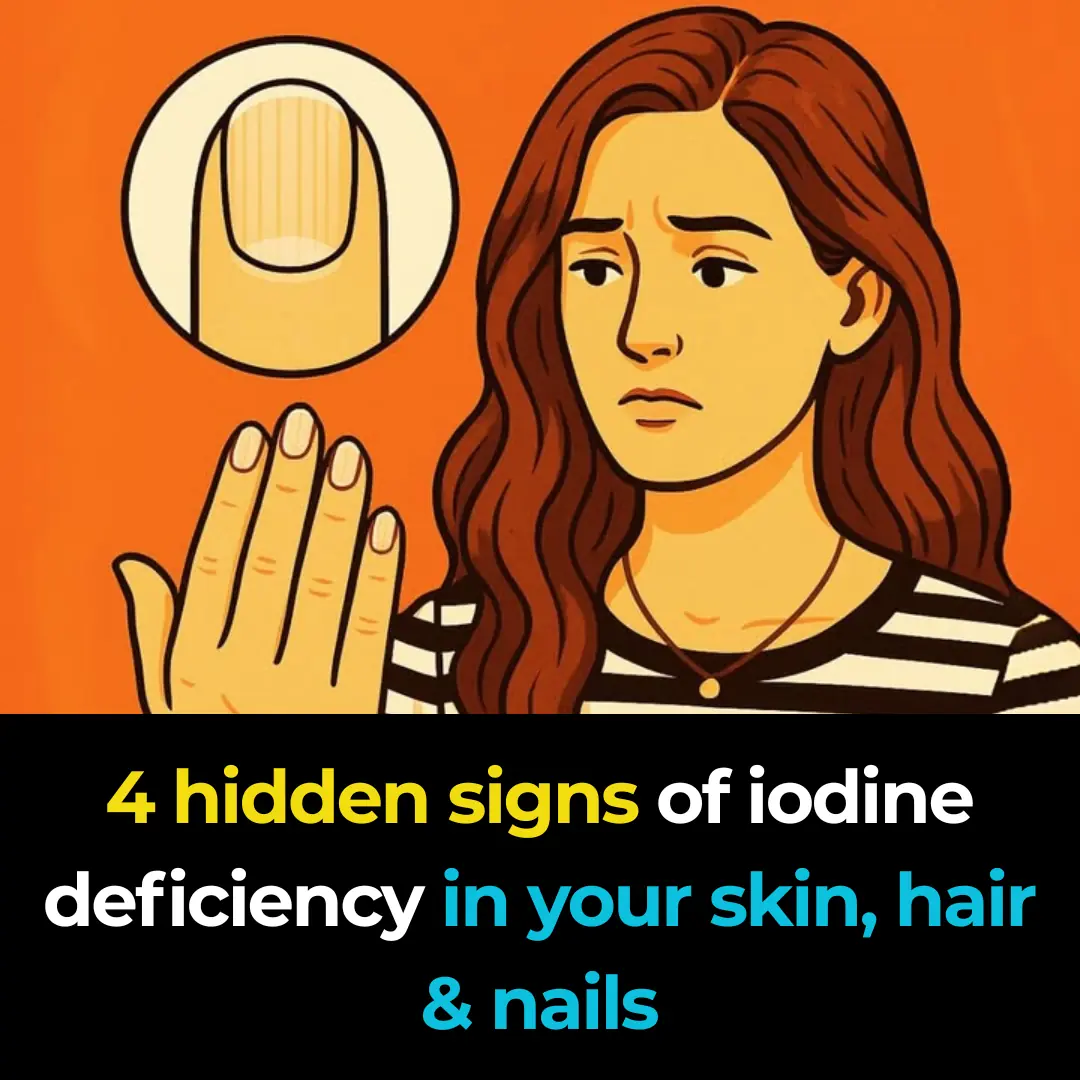
4 hidden signs of iodine deficiency in your skin, hair & nails

The Most Effective Natural Way to Remove Gallstones
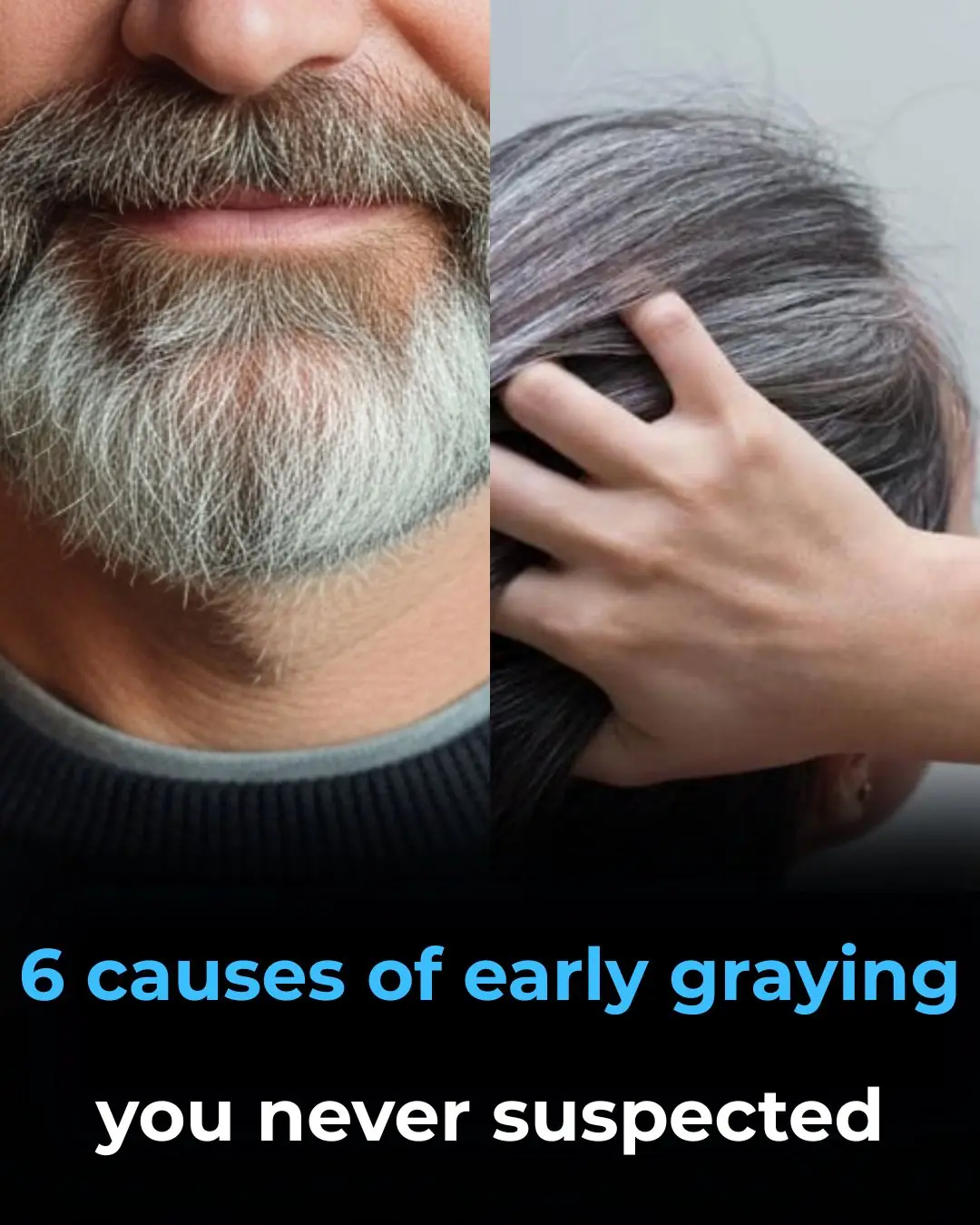
Causes of Early Graying You Never Suspected

That Random Stabbing Pain in Your Chest Has Finally Been Explained

The Dirty Secret About Toilet Paper on Public Seats
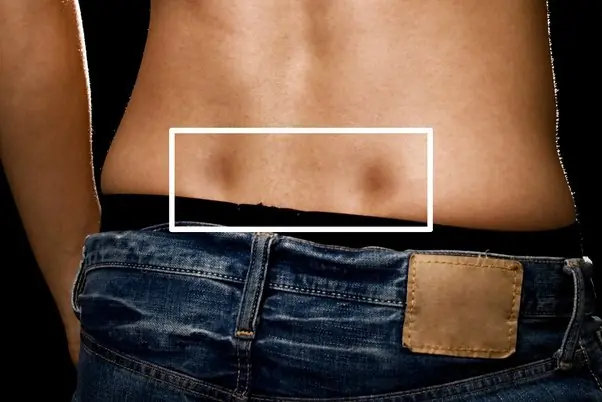
If You Have These Two "Dimples" on Your Lower Back, Here's What They Mean

4 Red Flags Your Brain Might Be in Trouble as Experts Warn Alzheimer’s Can Start Decades Before Symptoms Appear
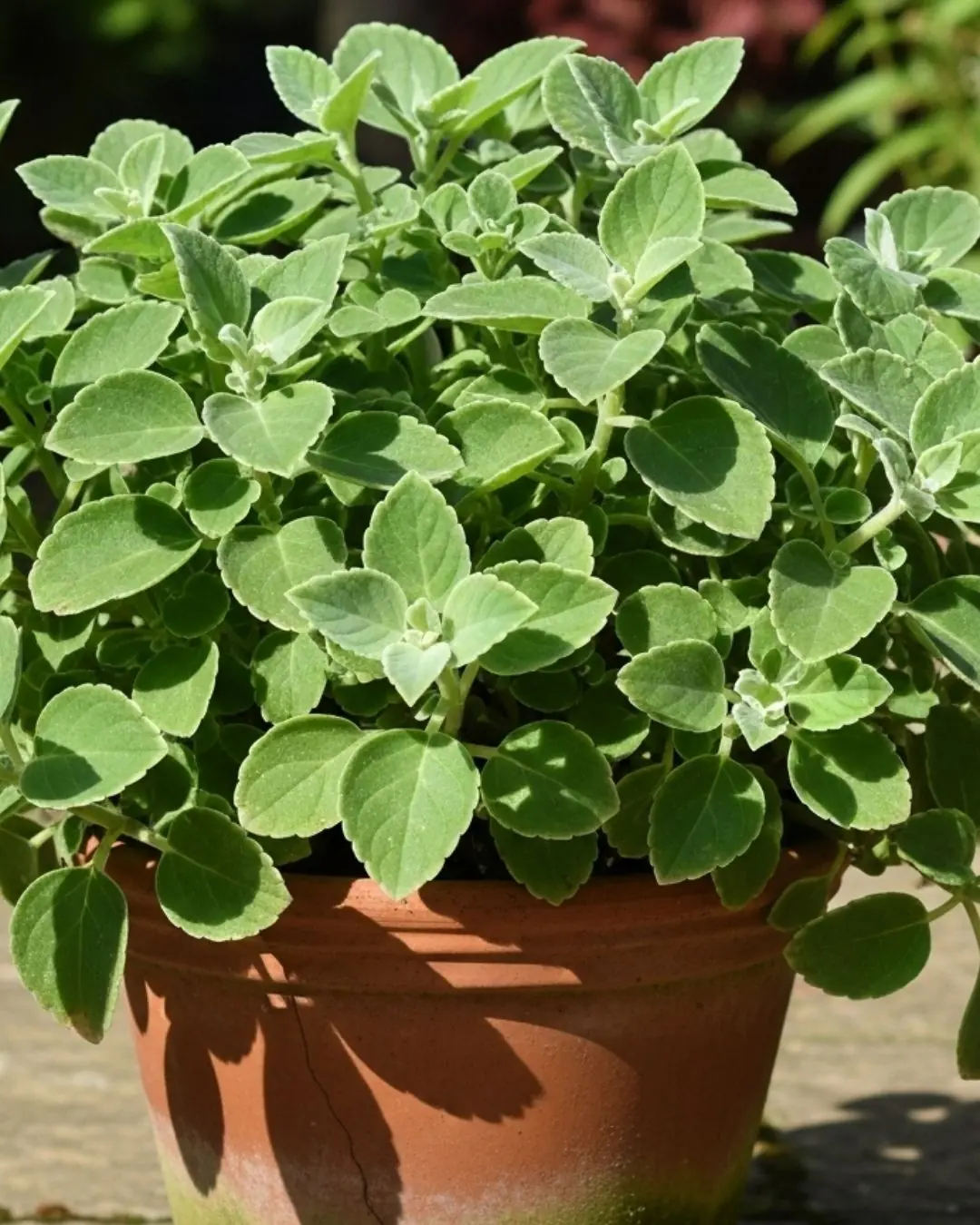
A Scientific Look at Oregano’s Role in Supporting Wellness

Cloves: 10 Health Benefits of Eating 2 Daily

Chicken Gizzards: 3 Surprising Benefits You Might Be Missing

80% of Heart Attacks Could Be Avoided If Everyone Did These 5 Easy Things

People Are Putting Onions in Their Socks—Here’s Why You Don’t Want to Miss Out
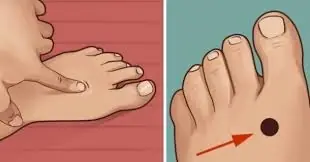
If You Press This Point on Your Foot Before Bed, This Is What It Does to Your Body
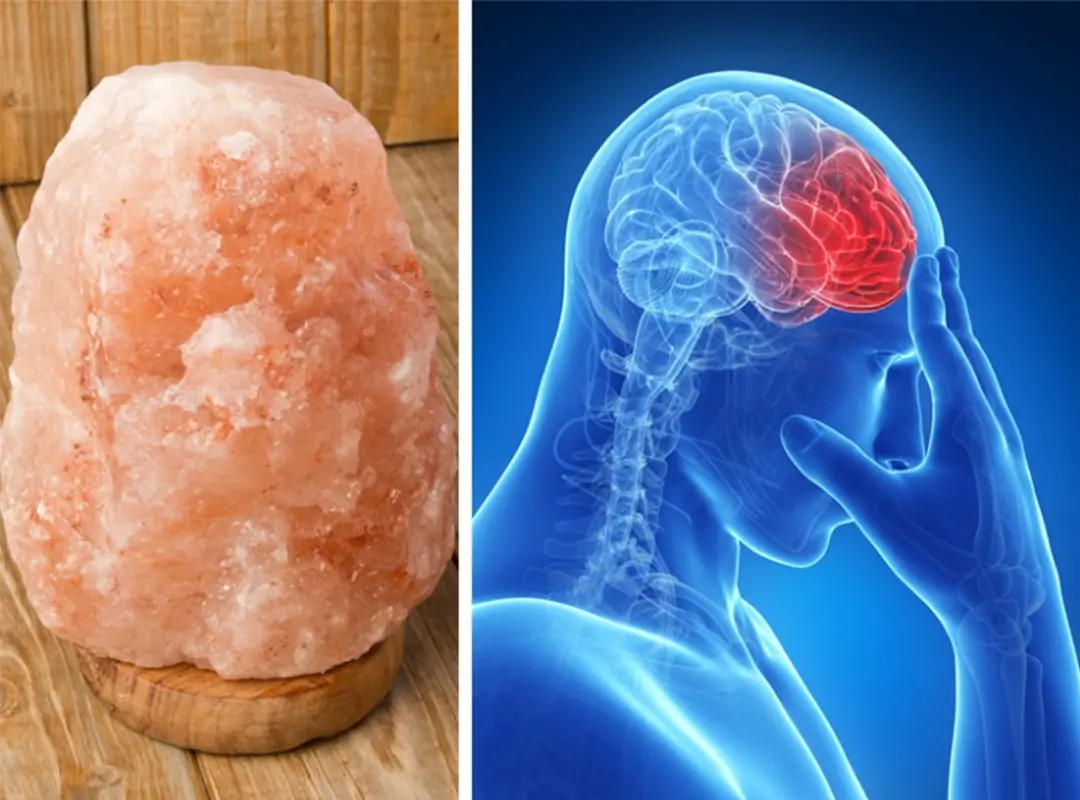
This Is What Happens to Your Lungs, Mood, and Blood Circulation When You Use a Himalayan Salt Lamp
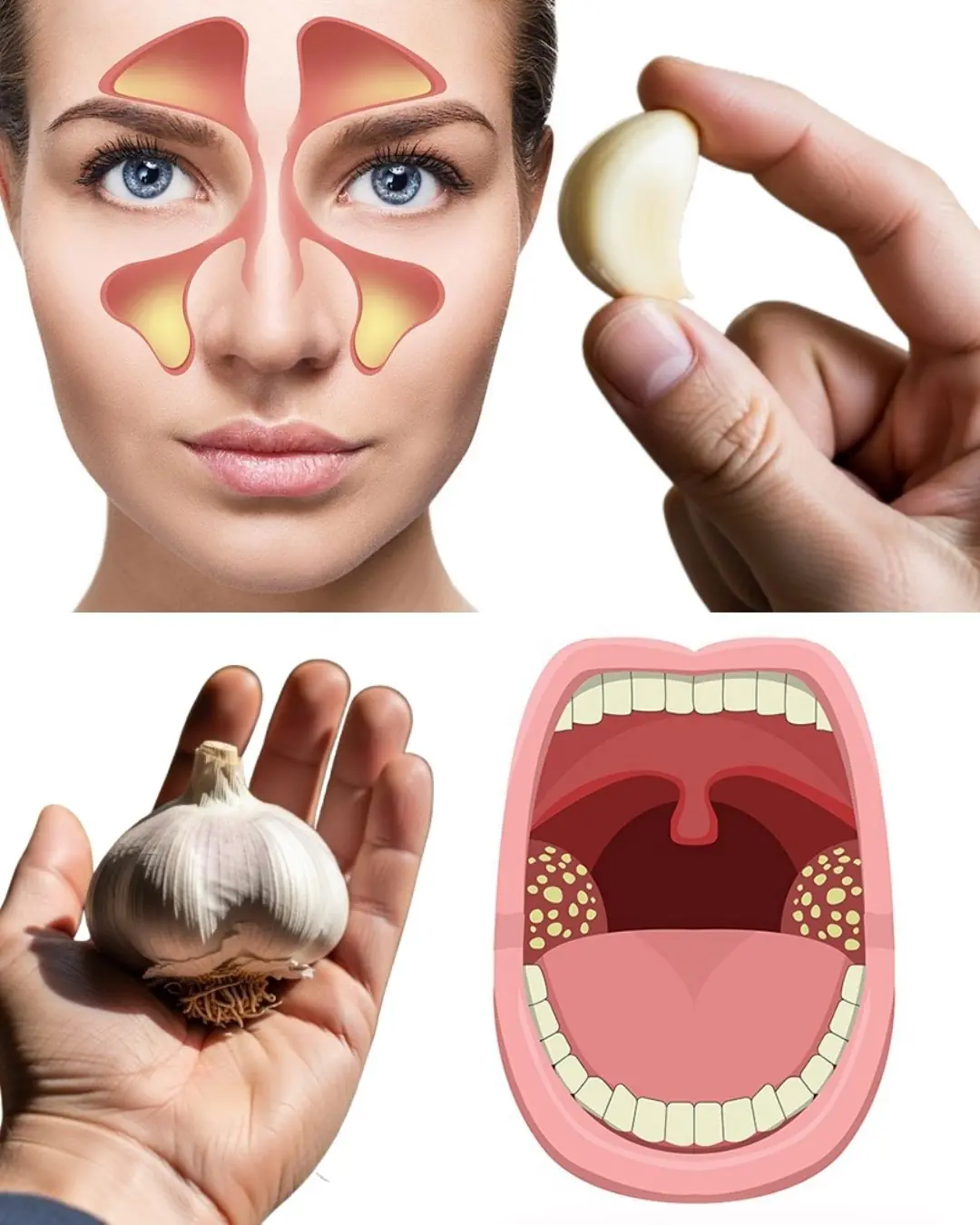
Garlic Destroys Urinary System Infections! Just Do This… 🧄✨

Anyone Whose Hair Is Falling Out Needs To Make This 2-Ingredient Drink Immediately

13 Detox Foods To Flush Out Toxins, Fight Cancer Cells And Relentlessly Hunt Free Radicals

Doctor warns: your ‘healthy’ lemon water habit is actually destroying your liver – here’s what you’re doing wrong
News Post

How to wash your hair with perilla leaf water to prevent hair loss and stimulate the growth of new hair.

Don’t soak frozen meat in cold water. Follow the chef’s method to defrost it in 5 minutes, and the meat will still taste great.

How to store chili peppers for months, keeping them as fresh as if they were just picked, with firm, plump flesh that doesn't dry out or lose flavor.

3 powerful vegetables everyone overlooks (but shouldn’t!)

4 hidden signs of iodine deficiency in your skin, hair & nails

The Most Effective Natural Way to Remove Gallstones

Mugwort Plant: Benefits, Properties, and Uses

Purslane: The Superfood That Tastes Better Than Meat – 7 Reasons to Grow It in Your Garden

Causes of Early Graying You Never Suspected

Steps to Take When Your Adult Children No Longer Show Respect

That Random Stabbing Pain in Your Chest Has Finally Been Explained

The Dirty Secret About Toilet Paper on Public Seats

If You Have These Two "Dimples" on Your Lower Back, Here's What They Mean

How to Save Electricity: Immediately Put a Roll of Toilet Paper into Your Refrigerator – An Amazing Trick That Also Saves You Money
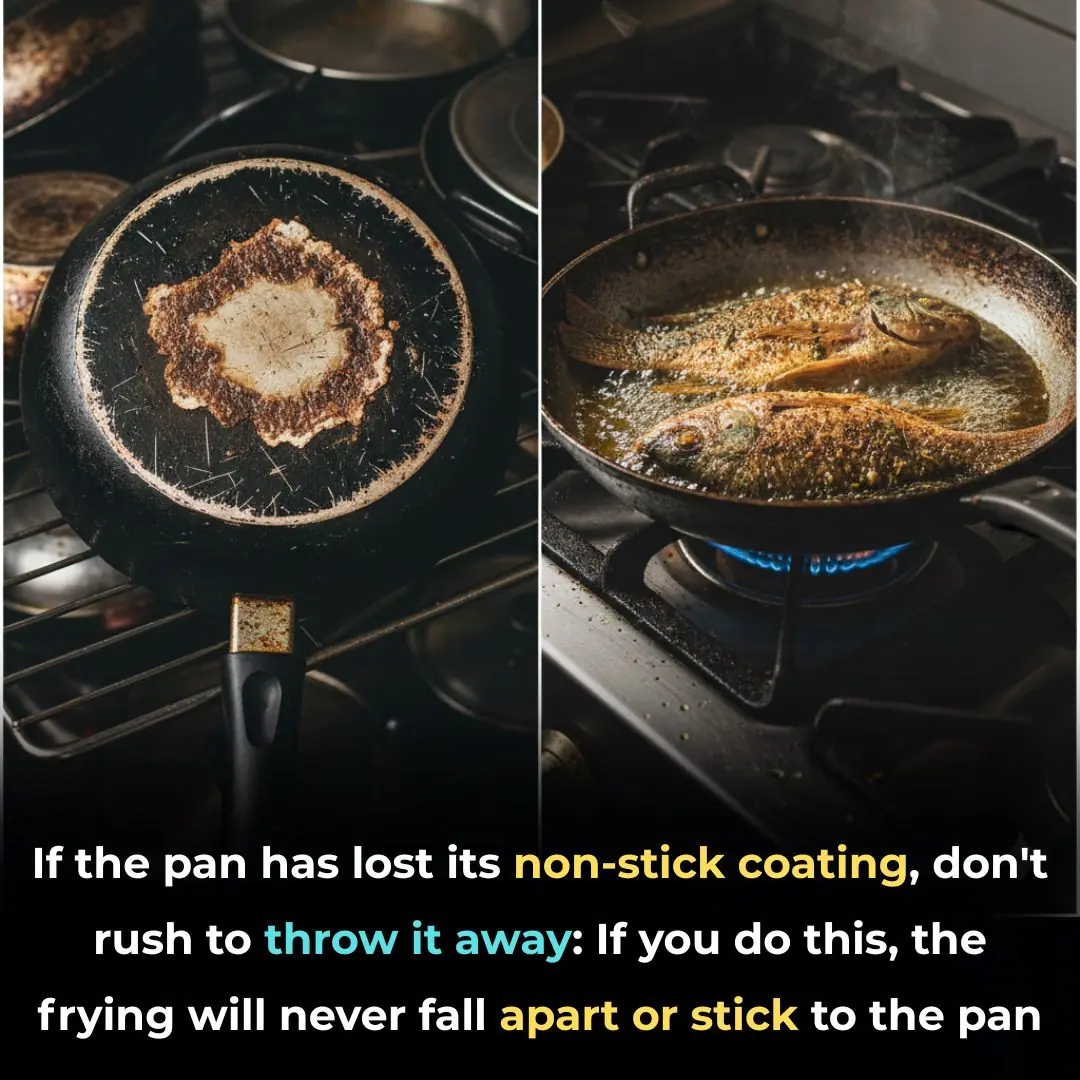
When Your Non-Stick Pan Loses Its Coating, Don’t Throw It Away: Try This Method to Fry Without Food Sticking or Breaking

Simple and Effective Tips to Repel Rats Using Leftover Rice — Anyone Can Do It at Home

5 Most Common Deathbed Regrets, According to Palliative Care Nurse
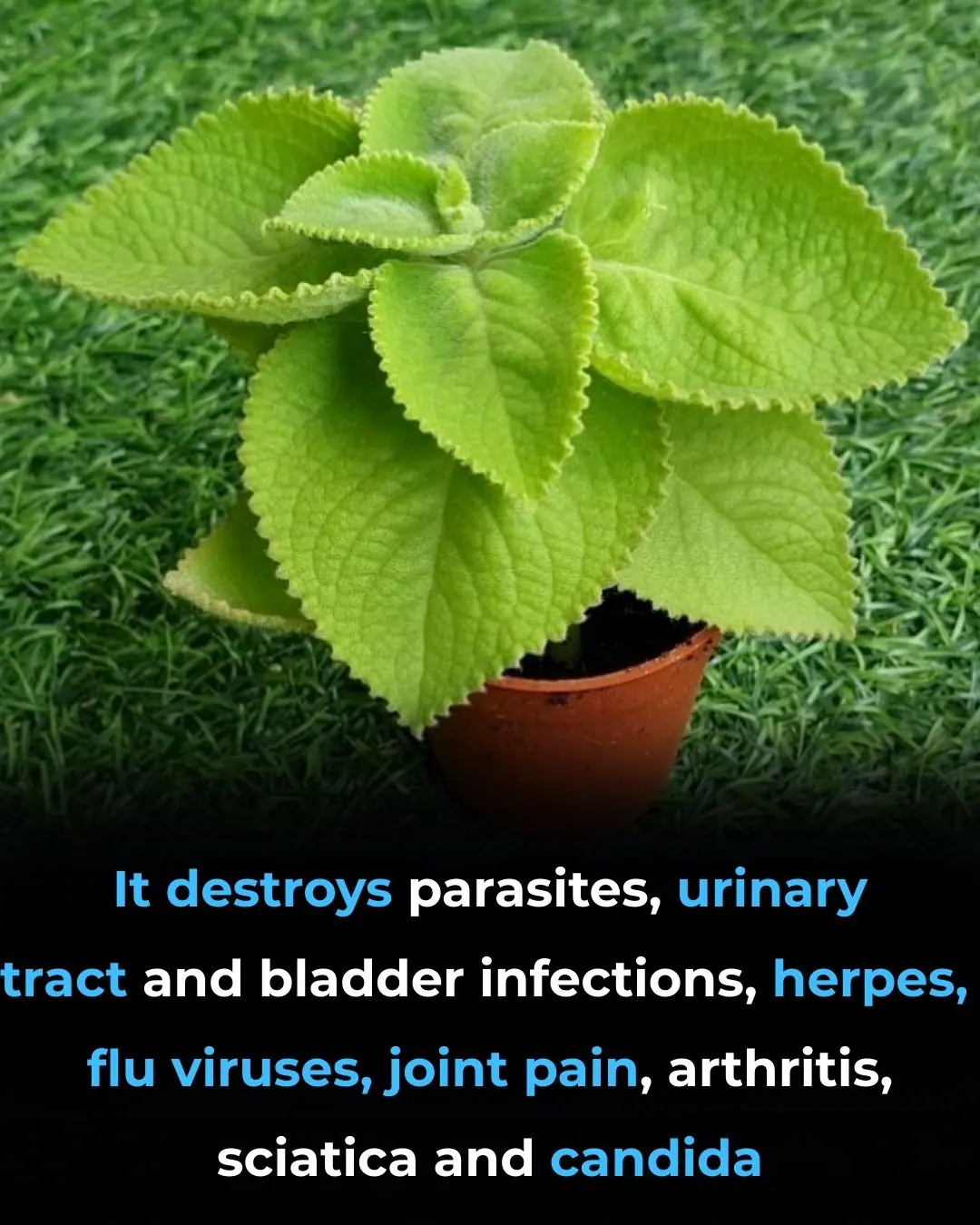
🌿 Oregano: Nature’s Small but Mighty Healer
